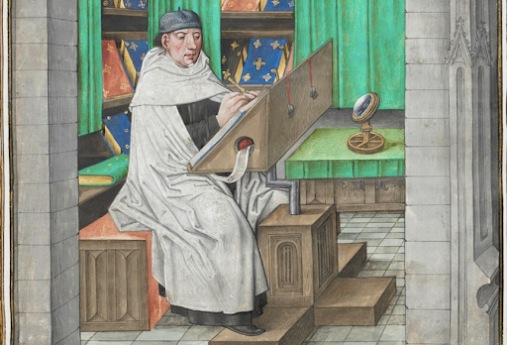UJ - Institute for English Studies (Reading and Speaking)
WELCOME !
Expressing Opinion Review:
Websearch: Am I the Asshole?
1. Establish the facts of the situation. 2. Decide who was right? Who indeed is the asshole?
https://www.reddit.com/r/AmItheAsshole/
Mini-Debates: https://view.officeapps.live.com/op/view.aspx?src=https%3A%2F%2Ffreeenglishlessonplans.com%2Fwpcontent%2Fuploads%2F2022%2F05%2FHot-Button-Topics.pptx&wdOrigin=BROWSELINK
Opinion Piece: Why Punishment Doesn't Reduce Crime
Do The Death Penalty And Longer Prison Sentences Deter Crime?
https://www.youtube.com/watch?v=HWZerD0Na58
Reading a Review:
*Trailer: Skyfall
https://www.youtube.com/watch?v=6kw1UVovByw
Answer the following questions:
https://www.esl-lab.com/difficult/movie-reviews/
Review #2:
https://drive.google.com/file/d/1ZJn3WhBdGnY9nh7GNXFxR0daD06XMqOK/view?usp=sharing
Advertising
Psychology of Advertising:
https://www.youtube.com/watch?v=EC7VLjIw8hY
I. TED Talk Lesson
https://www.ted.com/talks/alisa_miller_how_the_news_distorts_our_worldview
Discussion
1. What is the main idea of this segment?
2. How does the news distort our worldview?
3. Who is Alisa Miller?
Potential Topics (Social Issues):
Agatha Christie Biography:
Presentation:
https://drive.google.com/file/d/1vUGI3tpG3vGCUv_7bT7qdO65i4pHI8Yo/view?usp=share_link
Discussion Questions (these must be recorded in your notebooks)
file:///C:/Users/User/Desktop/and_then_there_were_none_chapter_questions_teacher.pdf
Vocabulary:
https://drive.google.com/file/d/1LfI0fOYIgis7fnNIHydz7MlYcLaVGvPR/view?usp=sharing
- How does their experience of the First World War vary among these letter writers?
- What training was carried out before they were sent to fight?
- How did the men feel about their experience of training?
- What can be found out about tactics/weapons/equipment used in combat?
- Do you get a sense of what these soldiers miss from home? Is this unsurprising/shocking?
- Describe conditions for those in the trenches on Western Front.
- What were conditions like for those who were sent to the Dardanelles?
- Can you get a sense of the experience of those who fought in Greece, India or Egypt, East Africa?
- How was the treatment of the sick or injured organized at home and abroad?
- Is there evidence of what the men thought of those whom they fought/or of their comrades?
- Do any soldiers give their opinion about the war?
- Do you think these men are typical of those who went to war?
- Can we find out anything about the characters of the men who fought from these letters?
- Have you found anybody who has written more than once, or spot any links between the letters which highlight particular friendships?
- Considering who the soldiers are writing to, can you explain if this has influenced the tone or style of the letters? Give examples.
- Is it clear if any details have been left out/put in for particular reasons?
- Can you discover a difference between what is being said and how it is being said in any of the letters?










































Comments
Post a Comment